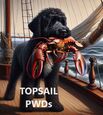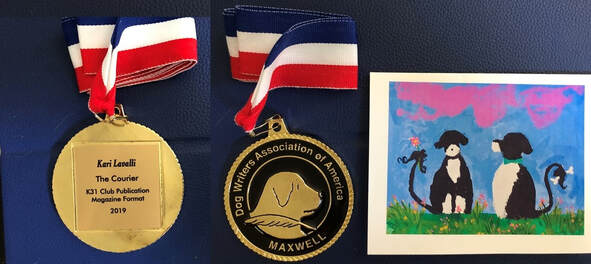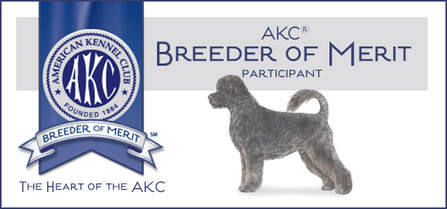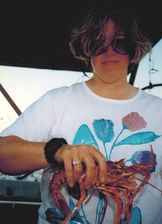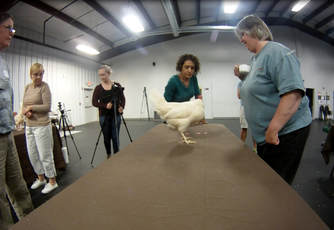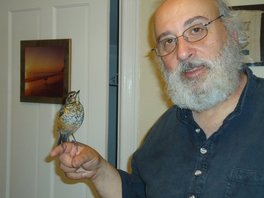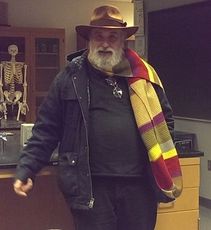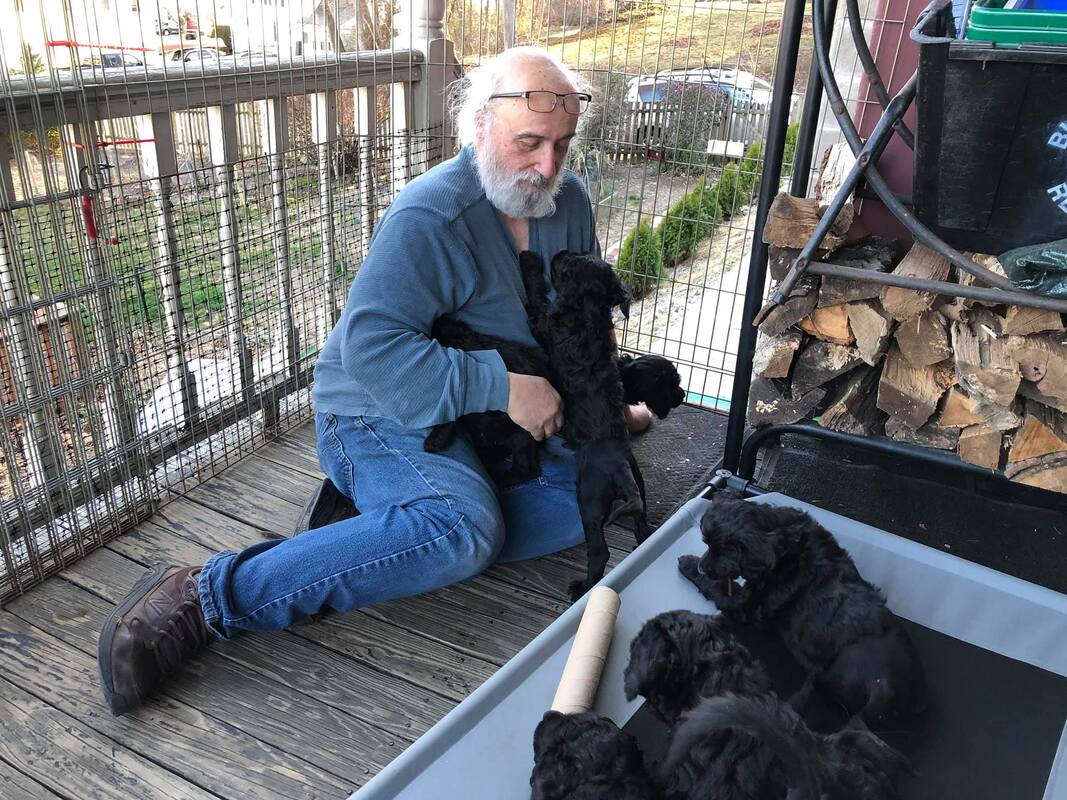Who We Are
We have both had dogs for most of our lives, from mutts to purebreds. It wasn't until we got our first PWD together that we started training beyond simple manners to performance venues and have been hooked ever since. We enjoy the camaraderie that our dogs provide, the challenges of training in many venues simultaneously, and the fabulous people we have met in various dog sports. Both of us hold Ph.Ds in biology and teach at the university level. Kari is a marine biologist specializing in lobster behavioral ecology and functional morphology and Sam is a comparative anatomist specializing in flight evolution in birds, crocodile evolution, biomechanics of movement in reptiles, and bone mineralization.
Kari worked as part of the PWDCA volunteer staff (Team Courier) for editing/proof-reading issues of The Courier from 2018 to 2021 and is a current member of the Awards Committee running the Register of Merit program (ROM) for the Awards Committee. The Courier won the Maxwell Award from the Dog Writer's Association in 2019 and Kari's article on teaching tricks to dogs was nominated for the AKC Family Dog Award from the Dog Writer's Association in 2020. She recently was interviewed on The Quirky Dog Podcast about the breed and water training. You can see that episode here.
Kari worked as part of the PWDCA volunteer staff (Team Courier) for editing/proof-reading issues of The Courier from 2018 to 2021 and is a current member of the Awards Committee running the Register of Merit program (ROM) for the Awards Committee. The Courier won the Maxwell Award from the Dog Writer's Association in 2019 and Kari's article on teaching tricks to dogs was nominated for the AKC Family Dog Award from the Dog Writer's Association in 2020. She recently was interviewed on The Quirky Dog Podcast about the breed and water training. You can see that episode here.
Kari Lavalli
|
Sam Tarsitano
|
